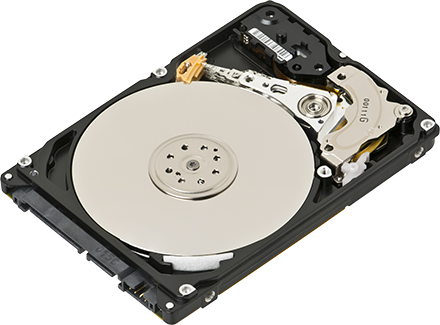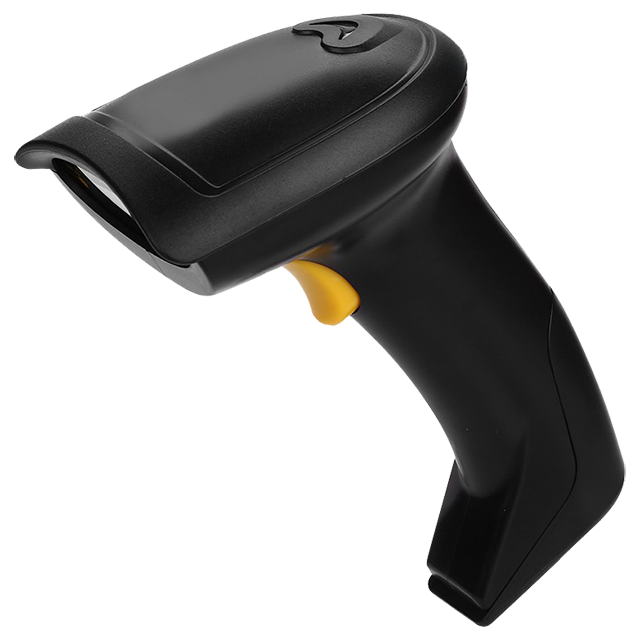
 Storage Devices are components of a computer system that provide a permanent place for data to be stored. In contrast with memory, storage is always non volatile - when power is lost to the device, data is sustained. In general storage devices are slower than memory due to multiple things:
Storage Devices are components of a computer system that provide a permanent place for data to be stored. In contrast with memory, storage is always non volatile - when power is lost to the device, data is sustained. In general storage devices are slower than memory due to multiple things:
| Type | Common Varieties | Pros | Cons |
|---|---|---|---|
| Magnetic | Hard Disk Drive | Cheap, High Capacity, Long Lifespan, read/writes not limited | Fragile Platter, Average Speed, Mechanical components can break |
| Flash Memory | Solid State Drive (SSD), Integrated eMMC Storage, USB Flash Drives, SD Cards | High Speed & Low Latency, Resistant to physical shock | Expensive, Low/Medium Capacity, Limited read/write cycles |
| Optical | Compact Disc (CD), Digital Versatile Disc (DVD), Blu-Ray | High portability, Cheap unit cost | Very slow, High cost per GB, Low capacity, Fragile, Shorter lifespan (disc rot) |



